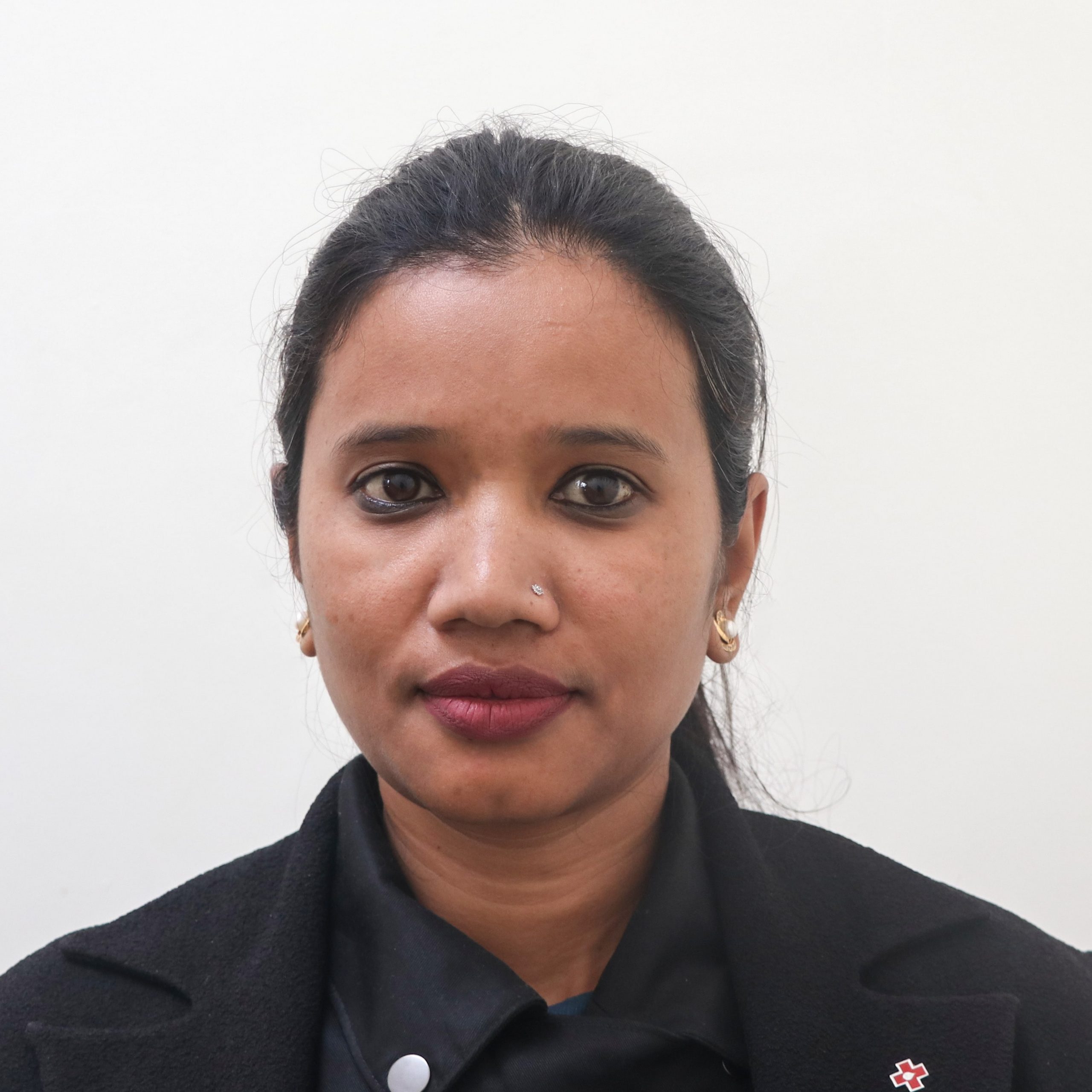Introduction
The Pandemic Preparedness Toolkit (PPT) is a five-year project (2023 – 2028), funded by Wellcome, which aims to co-create an accessible and sustainable online Toolkit that will build capacity in National Statistical Offices (NSOs) for infectious disease surveillance at federal level.
The UK Office for National Statistics (ONS) is collaborating with NSOs and Delivery Partners within Argentina, Malawi and Nepal to co-develop the Toolkit. Once live, the Toolkit will be a collection of online modules providing practical guidance, statistical methods, knowledge products, case studies, and training materials. This project will be the first of its kind to provide a resource specifically designed for NSOs to advise on, and conduct, infectious disease surveillance, and work effectively with public health offices to implement evidence-based policies.
Objectives
The overall vision of the PPT project is to strengthen infectious disease surveillance systems globally, through a shared online Toolkit for quality statistics and leadership. The project aims to achieve this vision by co-creating an accessible and sustainable online Toolkit that will build capacity for infectious disease surveillance in NSOs, and facilitate their capability to produce, and advocate for, quality and timely evidence for effective responses to future outbreaks, epidemics, and pandemics.
Approach
The initiatives within each country are referred to as ‘Pathfinder Projects’ and involve collaboration between the country’s NSO and a Delivery Partner. The Nepal Pathfinder Project, consisting of the Nepal NSO and HERDi, is an integral part of the PPT project. They will work closely with the other Pathfinder Projects in Argentina and Malawi, and the ONS team, to deliver project outputs. The Nepal Pathfinder Project will also be involved in governance and decision making for the project and will help to drive the project forward, working towards achieving the project vision.
The key project outputs are shown in the timeline below:
Project timeline
Year 1 (2023 – 2024): Partnerships in place
Year 2 (2024 to 2025): Toolkit outline
Year 3 (2025 to 2026): Toolkit live – private
Year 4 (2026 to 2027): Toolkit live – public
Year 5 (2027 to 2028): Sustainable toolkit solution in place
Additional Links
Please visit the ONS Newsletter here, and the ONS Blog here
Other potential partnering organizations:
Associated Team Members
Ghanshyam Gautam
Lead - Health Economics, Systems and Social ProtectionGhanshyam Gautam
Lead - Health Economics, Systems and Social ProtectionAppointed as the lead of Strategy, Partnership and Business Department Dr. Ghanshyam Gautam is a Health Economist possessing more than 20 years of experience in health policy and systems reform, social protection, evidence-based planning and capacity development. His key areas of expertise include policy and strategic reform, health systems strengthening, health financing and universal health coverage, social protection, system and policy research. He currently holds the position of Lead- Health Economics, Systems and Social Protection at HERD International and has [...]
Learn moreSamikshya Singh
Lead - Data Systems, Research, and SurveillanceMs. Samikshya Singh is an accomplished public health professional with over a decade of experience in monitoring, evaluation, research, and health information systems. She specializes in health system strengthening, data quality, and evidence-based decision-making, with significant contributions at national and sub-national levels. Previously, Ms. Singh served as the Monitoring & Evaluation (M&E) and Information Systems Advisor for the FCDO’s Nepal Health Sector Support Programme (NHSSP), where she developed comprehensive M&E systems and provided technical assistance for the routine health information [...]
Learn moreAavashana Dahal
Monitoring, Evaluation, Research, and Learning OfficerMs. Aavashana Dahal is a dedicated Monitoring, Evaluation, Research, and Learning (MERL) Officer with extensive experience in Sexual and Reproductive Health and Rights (SRHR) and public health research in Nepal. With a Master’s Degree in Public Health from the University of West London, Ms. Dahal has over 5 years of expertise in utilizing evidence to inform health policy and programmatic decisions.In her previous role, she had played a crucial role in advancing SRHR initiatives by synthesizing research findings into actionable [...]
Learn moreSushil Chandra Baral
Managing DirectorDr. Sushil Chandra Baral is an experienced health and development expert with over 25 years of experience in research and development. Specializing in health systems, health policy, and planning at both national and international levels, Dr. Baral has played a pivotal role in communicable disease control, specifically Tuberculosis. He serves as a Managing Director at HERD International. In the past, he worked as a Strategic Advisor for the Nepal Health Sector Support Programme demonstrating expertise in program-based operational research and [...]
Learn moreProject Location
Similar Projects
Understanding the policy environment, people’s perception and use, and co-creating intervention for labelling of SSBs to reduce ...
Background The growing numbers of urban poor around the world face several health challenges including the double burden of diseases, ...
Introduction Globally, Antimicrobial Resistance (AMR) poses a profound threat to humanity, with consequences ranging from increased ...
Introduction The KfW Development Bank has supported the cooperation framework between Nepal and Germany for over 20 years. This ...
BACKGROUND Evidence has shown that antibiotic resistance (ABR) is a growing threat to public health in Nepal. This project proposes to ...
Background Antimicrobial resistance (AMR) is when microorganisms evolve mechanisms to survive the drugs designed to destroy them (WHO ...
Gender and Equity within Antimicrobial Resistance (GEAR UP) is a Fleming Fund Regional Grant consortium led by the Liverpool School of ...
Introduction The Participatory Engagement of City Communities Against Non-communicable Disease Risk in Bangladesh and Nepal (PECAN) ...
Background The growing numbers of urban poor around the world face several health challenges including the double burden of ...
Innovation Fund is the scheme provisioned by CHORUS Research Project Consortium. The fund is targeted to early and mid-career ...







